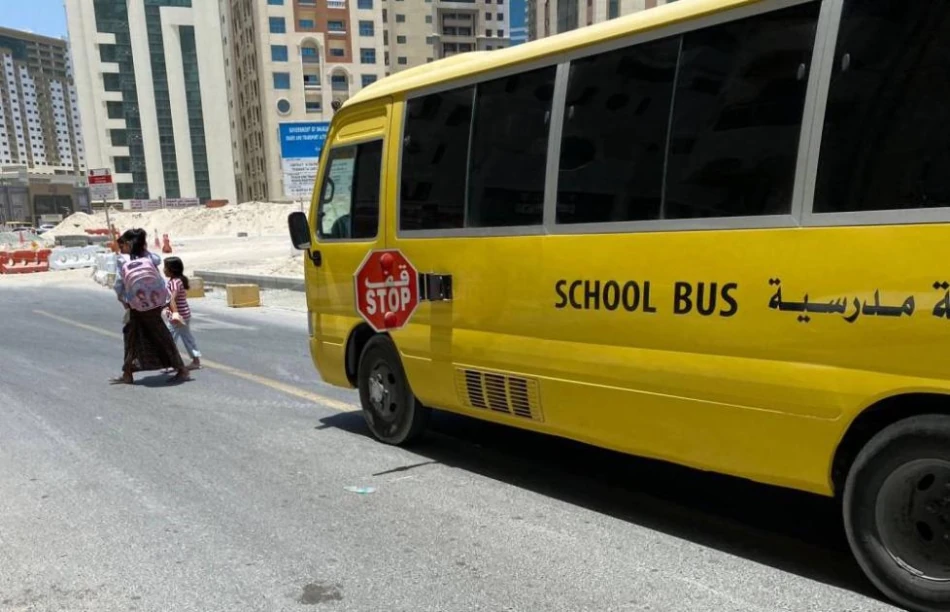
Schools Restrict Use of School Transport During Academic Term
Schools Crack Down on Bus Safety with New Parent Contracts and Zero-Tolerance Policies
Educational institutions are implementing stricter school transportation policies, requiring parents to sign mandatory safety agreements while threatening to permanently ban students who violate bus conduct rules. The new measures, backed by surveillance cameras and graduated enforcement, signal a shift toward zero-tolerance approaches in student transportation management.
Mandatory Parent Agreements Become Transportation Prerequisite
School administrations have notified parents and students that access to school bus services now depends on signed parental commitment forms. Students whose parents refuse to sign these agreements will be denied transportation services entirely, marking the documents as a non-negotiable requirement for continued bus access.
This contractual approach mirrors trends seen in other sectors where institutions transfer liability and behavioral responsibility to parents through formal agreements. The policy effectively makes parents legal partners in maintaining bus safety standards.
Comprehensive Violation Framework Targets Multiple Behaviors
Safety-Related Infractions
The new regulations specifically prohibit behaviors that compromise student safety, including failure to wear seatbelts, tampering with or damaging seats, and extending heads or hands outside windows. These violations reflect common accident causes in school transportation incidents globally.
Behavioral and Social Conduct
Schools are also targeting disruptive behaviors such as inappropriate play inside buses, fighting, excessive noise, and hostile conduct toward other students, supervisors, or drivers. The comprehensive nature of these rules suggests administrators are addressing both safety and learning environment concerns simultaneously.
Surveillance Technology Enables Permanent Enforcement
The integration of camera monitoring systems represents a significant shift in school transportation oversight. Unlike previous eras where bus incidents often came down to witness testimony, video evidence now enables definitive identification of violators and supports permanent service bans.
This technological enforcement mirrors broader surveillance trends in educational settings, where institutions increasingly rely on monitoring systems to manage student behavior and protect against liability.
Graduated Response System Balances Discipline with Due Process
Rather than immediate permanent bans, schools are implementing tiered disciplinary responses that escalate with repeated violations. This approach provides students opportunities for behavioral correction while maintaining the ultimate threat of transportation exclusion.
The system also incorporates existing school behavioral codes, creating consistency between classroom and transportation discipline policies. This integration suggests a holistic approach to student conduct management across all school-related activities.
Administrative Perspective: Safety Over Convenience
School administrators frame these measures as essential safety enhancements rather than punitive actions. The emphasis on creating "safe and organized transportation environments" positions the policies as protective rather than restrictive, though the practical impact on families remains significant.
The requirement for parental cooperation underscores schools' recognition that transportation safety extends beyond institutional control and requires family-level commitment to behavioral standards.
Implications for Educational Access and Family Planning
These policies create new barriers to educational access, particularly for families dependent on school transportation. Parents now face a choice between signing agreements that could result in their children losing bus privileges or arranging alternative transportation methods.
The permanent nature of potential bans adds significant stakes to student behavior, effectively making transportation access contingent on sustained good conduct rather than a guaranteed educational service. This shift may disproportionately impact families with limited transportation alternatives, creating indirect pressures on educational equity.
Most Viewed News

 Omar Rahman
Omar Rahman






